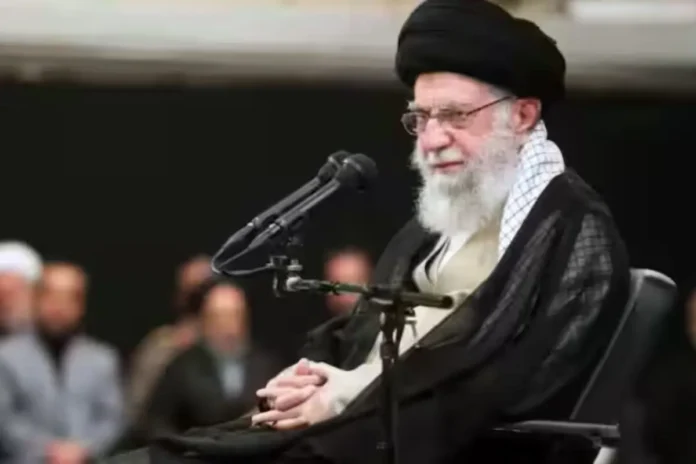In the wake of escalating tensions, you should be aware that Iran’s Supreme Leader, Ayatollah Ali Khamenei, recently declared a resolute stance against Israel, following a missile attack that he termed “legitimate.” This bold move, which serves as a response to the targeted killing of Hezbollah’s leaders, emphasizes the unwavering commitment of Iran and its allies to resist perceived threats. Khamenei’s statements during a rare Friday sermon highlight the unity of Muslim nations against common adversaries while reinforcing the volatility of regional dynamics. Stay informed as we research into the key points of this significant development.
Key Themes of the Sermon
One of the central themes of Khamenei’s sermon was resilience against Israel and unity among Muslim nations. He emphasized that Iran and its allies would not retreat from their stance against Israel, calling on Muslims to “fasten their seatbelt” of resistance. Khamenei also framed Israel as a common enemy to various nations, highlighting the importance of unity in confronting oppression faced by Palestinians and other regional groups.
Details of the Missile Attack
Attack on Israel was a direct response to the killing of Hezbollah chief Hassan Nasrallah and was sanctioned by Khamenei himself. Iran launched roughly 200 ballistic missiles aimed at Israeli positions, which Khamenei deemed a “legitimate” act of retaliation. He asserted that this missile strike was only the “least punishment” for Israel’s actions in the region.
Themes of the missile attack reflect Khamenei’s view of Iran’s military capabilities and its commitment to supporting allied groups like Hezbollah. He praised the armed forces for their actions, indicating that Iran may undertake further military operations if deemed necessary. This attack aligns with Khamenei’s narrative of standing strong against perceived threats and reinforces his call for regional solidarity among those opposing Israel’s actions.
Regional Implications
There’s a heightened sense of tension in the Middle East following Ayatollah Khamenei’s remarks and missile attack on Israel. As Iran and its allies, including Hezbollah, express a united front against Israel, the potential for an escalation in violence increases. You may notice that regional players are likely to recalibrate their strategies, with countries in the Arab world observing these developments closely. The conflict could also shift power dynamics and alliances within the region, emphasizing the importance of understanding local current events.
International Reactions
For many global leaders, Khamenei’s statements and Iran’s military actions signify a dangerous escalation in an already volatile area. As the situation evolves, the international community must assess its response to these developments, especially in regard to Israel’s position and the implications for peace in the Middle East.
It is vital to recognize that nations like the United States and European countries are likely to react with concern regarding Iran’s aggressive posture. These nations may enhance diplomatic efforts to address the crisis, reaffirming support for Israel’s right to defend itself while calling for restraint from all parties involved. You should be aware that the potential for sanctions or further military aid to Israel is on the table as countries navigate this complex geopolitical landscape.
To wrap up
From above, you can see that Iran’s Supreme Leader Ayatollah Khamenei has firmly positioned Iran and its allies against Israel following recent escalations, emphasizing that they will not retreat in the face of opposition. His call for a missile attack on Israel as a legitimate response underscores the ongoing tensions in the region. You should recognize the implications of Khamenei’s remarks and actions, as they might significantly shape the dynamics between regional actors and influence broader geopolitical developments in the Middle East.


